Energy
Find out more about energy research at CNRS Humanities & Social Sciences and its laboratories.
The approaches to the question of energy developed by humanities and social sciences laboratories are highly varied. The issues of governance and regulation along with control and social choice all underpin decision-makers' approaches to policies, particularly in the public sector, which involve questions of ethics (fuel poverty, social justice) and economics as do the costs of the various core choices and investments they decide upon. In the light of this, conflicts of use are identified and studied - between energy and food for example- along with the balance that needs to be struck between renewable energies and nuclear power. The issue of risk is also very much a core subject for these research communities as are the risks and impacts on society and the environment in terms of health, the economy, biodiversity and geopolitics in the more or less long-term.
This all means many scales of study are involved ranging from the most local (uses in housing) to the most global (issues of sovereignty) and from the most individual (household practices) to the most collective (corporate and national practices). The more technically-oriented sciences can provide key-in-hand solutions but the involvement of the humanities and social sciences is increasingly requested, if possible before the actual construction of the research questions. Citizen research is also developing involving observing the ways people are involved in defining objectives and analysing mobilisation and conflicts.
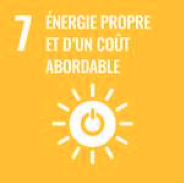
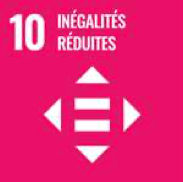
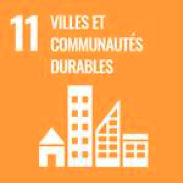
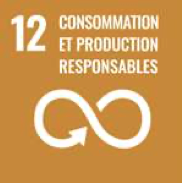
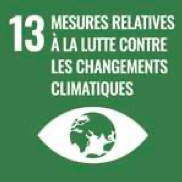
Research centers and networks
CNRS Humanities & Social Sciences laboratories
- Acteurs, ressources et territoires dans le développement (ART-DEV)
- Ambiances Architectures Urbanités (AAU)
- Centre Alexandre Koyré/Histoire des sciences et des techniques (CAK)
- Centre d’études européennes et de politique comparée
- Institut d’histoire moderne et contemporaine (IHMC)
- Laboratoire d’Anthropologie du politique (LAP)
- Laboratoire Interdisciplinaire des Énergies de Demain (LIED)
- Transitions Énergétiques et Environnementales (TREE)
Laboratories in other countries
Chaire de professeur junior
CNRS Sciences humaines & sociales a proposé une chaire de professeur junior sur la « Transition énergétique ». Cette chaire a débouché sur le recrutement d’un agent, affecté au laboratoire TREE à compter de novembre 2024.
Post-doctorat CNRS Sciences humaines & sociales
CNRS Sciences humaines & sociales finance un post-doctorat « Économies urbaines de l’énergie au Proche-Orient : justice sociale et transition énergétique » affecté au CERI.
Networks
-
The Marine Renewable Energies Research Group Research Network (GDR) (CNRS Engineering is the main network leader)
-
The PROMETHEE Research Network (GDR) on hydrometallurgical processes for the integrated management of primary and secondary resources (CNRS Chemistry is the main network leader)